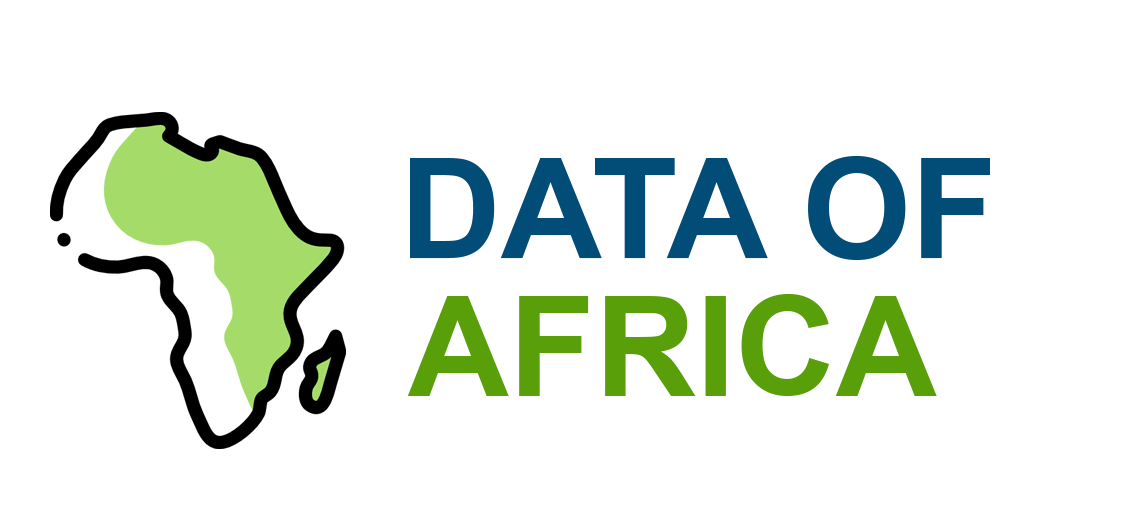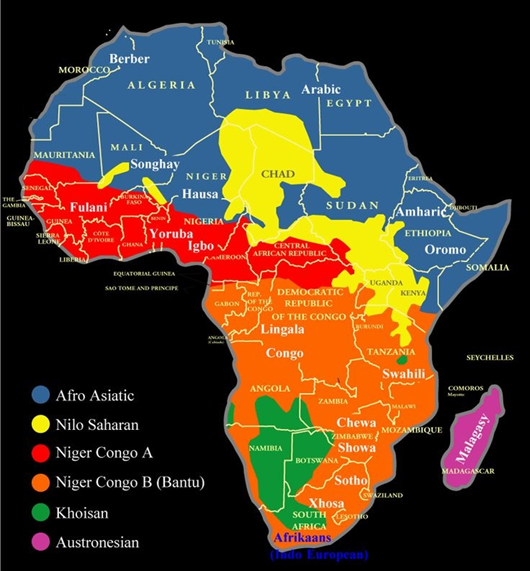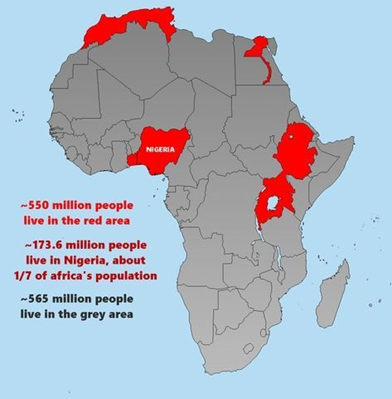Voluntary migration from sub-Saharan Africa is overwhelmingly internal, which is unparalleled on other continents. Three-quarters or more of sub-Saharan African migration is intracontinental. It involves 20 to 70 million people, depending on the source. Extracontinental voluntary migration is therefore a very small minority and, a fortiori, represents only a very small flow and stock of immigrants in OECD countries. As for North Africa, migrants from there represent 7% of the total stock of migrants in the OECD area.
Due to the conflict on the continent, in addition to voluntary migration, which is mainly economic (work, trade), there are forced displacements; internally displaced persons (in their own country) and refugees (displaced persons who have crossed an international border), numbered 17 million in 2014.
Population growth is accompanied by a massive rural exodus and a dizzying growth of cities. During the second half of the 20th century, the population of cities in sub-Saharan Africa increased significantly. This is, once again, a catch-up phenomenon, because Africa is the least urbanized continent on the planet.
Urbanization is massive, rapid, and poorly controlled, hence the prevalence of shanty towns; the new urban dwellers are essentially “poor”, from the rural exodus. In the city, inhabitants tend to group together by community, region, or village of origin, trying to preserve solidarity in the new urban context.
African society is therefore increasingly made up of young urban people, who are developing a specific culture which, thanks in particular to the Internet, is spreading internationally; this mainly concerns dance and music, zouglou, kuduro, etc. Young people are also the first to be affected by the intense intracontinental population movements that characterize Africa. But, exasperated by unemployment and poor housing, they are also the actors of a worrying urban violence.
For more information :
- https://fr.wikipedia.org/wiki/Portail:Afrique
- https://en.wikipedia.org/wiki/Africa
- https://africacenter.org/
- https://journals.openedition.org/etudesafricaines/
- https://etudes-africaines.cnrs.fr/
- https://journals.openedition.org/etudesafricaines/
- https://www.afdb.org/fr/documents-publications/economic-perspectives-en-afrique-2024


